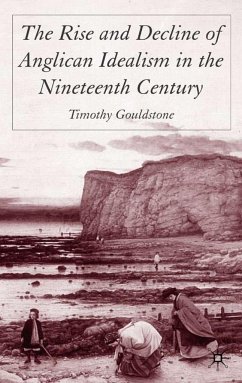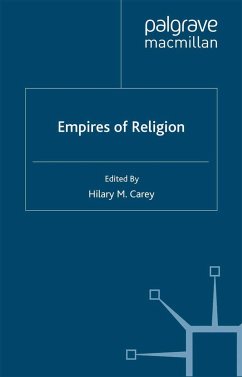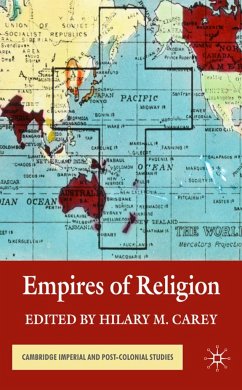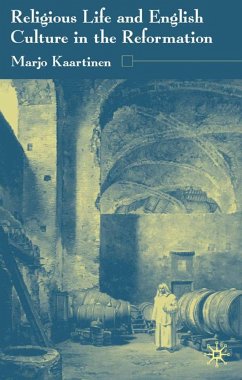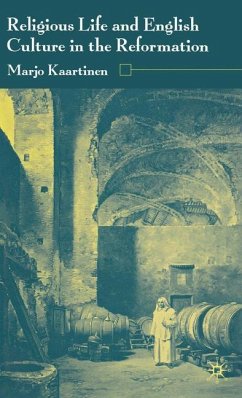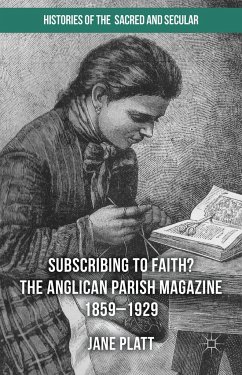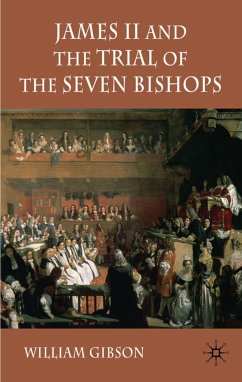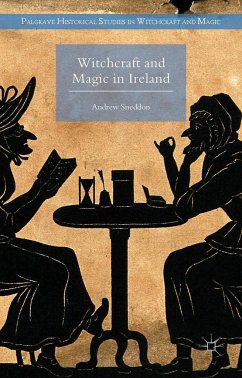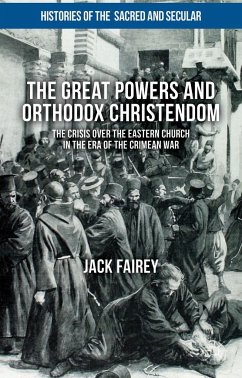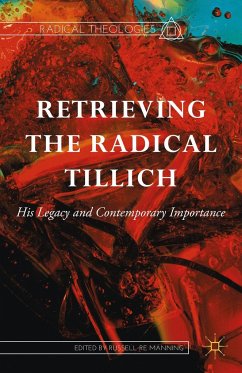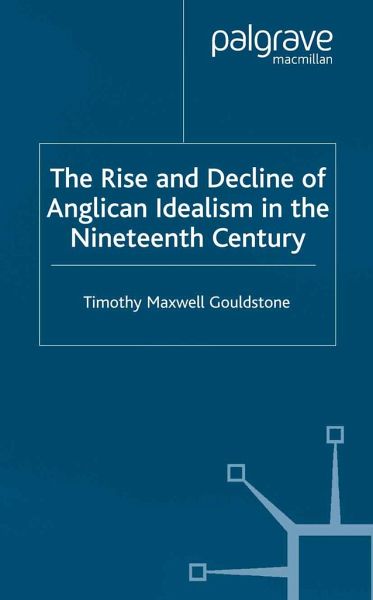
The Rise and Decline of Anglican Idealism in the Nineteenth Century
Versandkostenfrei!
Versandfertig in 6-10 Tagen
38,99 €
inkl. MwSt.
Weitere Ausgaben:

PAYBACK Punkte
19 °P sammeln!
Scientific and historical studies in the Nineteenth-century challenged Christian believers to restate their faith in ways which took account of new knowledge. An example of this is the influence of philosophical idealism on a generation of writers and theologians, principally centred around the University of Oxford. However, these optimistic and socially-privileged men and women failed to come to terms with the mass movements and rapid changes in fin-de-siècle England. The Church moved out of touch with national life and is reaping the consequences today.





